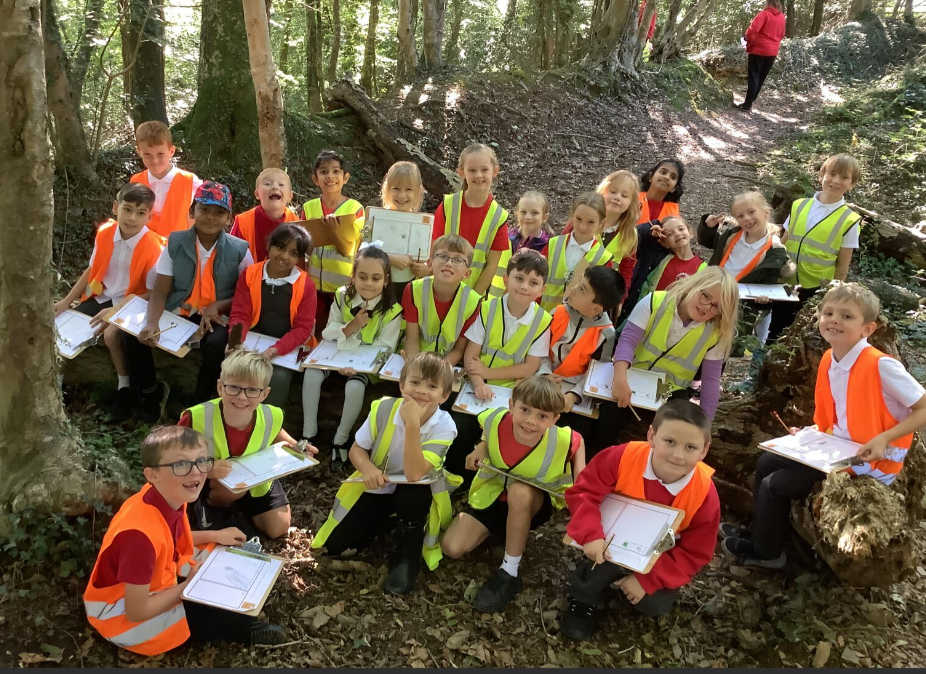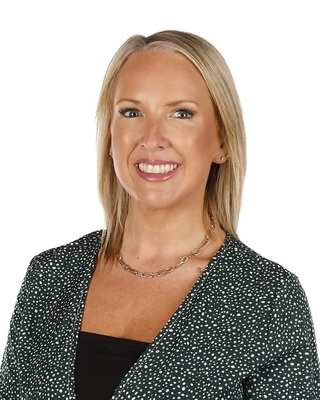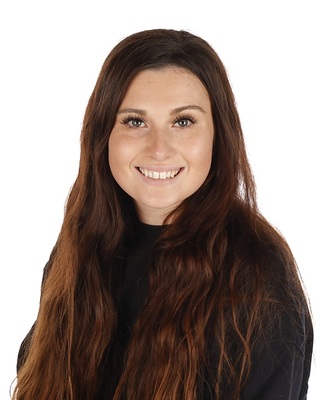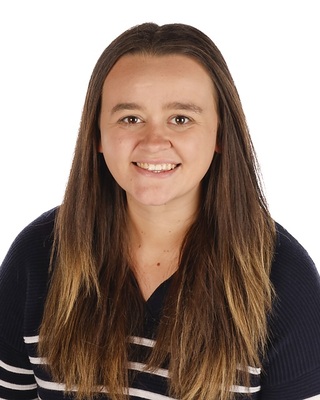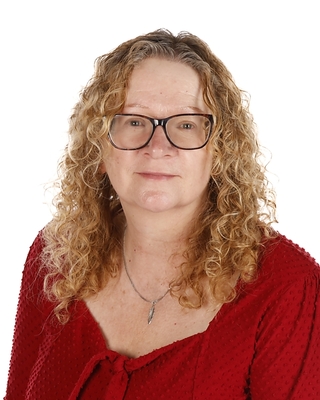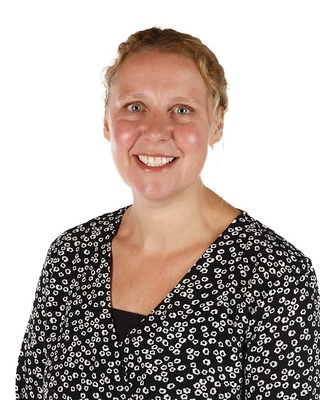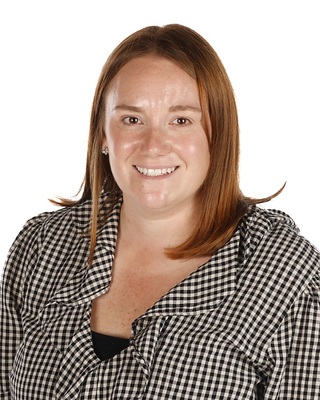About this class
Year 4
Teaching and learning in Year 4 does not stand still. We are constantly striving to excite, challenge and motivate all pupils. If you would like to contact your child's class teachers, you are welcome to talk to them at drop off and pick up times or contact them at the school email address.
General Information
What do I need to bring to school?
Book Bag:
All children require a book bag which they will need to bring every day.
Water bottle:
All children to bring a clear plastic, medium sized, bottle of water. Please can we ask for no metal bottles.
Fruit & Snack:
Fruit is not provided in Year 4. The children should only be bringing pieces of fruit (grapes, strawberry, mango etc in a plastic pot are fine) in to have as their snack at break time. On Fridays, we are happy for this to be a fruit based snack (yoghurt covered raisins etc) as an end of week treat.
Milk
If you would like your child to have a carton of milk at snack time, please order this through www.coolmilk.com.
Important information
PE Days: Wednesday and Friday
Reading:
In school, we complete a range of reading activities throughout the week, including having a class book/s ongoing and a weekly book club session. The focus for these are continually extending the children’s sight vocabulary, developing reading fluency and comprehension of texts read. We are passionate about children developing a love of reading; we ask that families read with, hear their children read or encourage their child to read independently for the equivalent of approx. 1 and ½ hours weekly. We also value parent/ carer comments and parents signing their child’s reading diary. Children who read 3 times a week will receive a golden ticket which means they will receive 10 extra minutes of playtime.
In KS2 the children should be regularly reflecting on the books they read in their reading diary.
In Year 3/4, the children can independently to change their reading book regularly, filling in their reading diary and having a member of staff check it.
Phonics is still provided to those children who require it. Phonics is taught weekly in 30 minutes slots 3 x a week.
Timetables:
In Year 3 and 4, the children are expected to develop and strengthen their knowledge of their times tables. The children practice their times tables daily using Claire Christie booklets. All children complete the same booklet and score our tracked. At the end of each booklet there will be a 10-question quiz to see how well children have retained the times table.
The children are given regular opportunities to access Times Table Rockstars, which allows them to practise and explore a range of times tables. The children are provided a log in and password, which is stuck in the front of their reading diaries. The class teacher is responsible for assigning children the correct times table they are learning this will be informed by children’s heatmaps. It is recommended for the multiplication check to practice for 21 minutes a week!
Home learning:
Following parent and carers feedback, we now send home a Homework Grid three times a year (Autumn, Spring and Summer terms). The grid includes Weekly spelling, Reading advice and Maths activities. Alongside this, we share an overview of cross-curricular activities for the term. These give children the opportunity to choose which tasks they would like to complete. We set dates for when any completed work should be returned, and children are then given the chance to showcase their learning.
Online Resources:
You will find your login details for the following site at the front of your reading diary.
My Maths: www.mymaths.co.uk
Times Tables Rockstars: www.ttrockstars.com
NumBots: www.numbots.com
EdShed: www.edshed.com
Language Angels: www.languageangels.com
Curriculum- Yearly overview of topics
Topics Covered Throughout the Year:
Autumn term:
This term, we’ll be exploring what makes us unique and how we connect with others. In Geography, we’ll take a local walk to Poole Farm to discover more about our surroundings. In History, we’ll investigate the power of the Romans and what we have learned from their civilisation. Our Science lessons will uncover how we hear sounds and how forces affect the way objects move. In Art, children will create self-portraits inspired by Picasso, while in DT, they’ll design structures with pillars, just like the Romans! We’ll also be developing our French skills with Language Angels and learning about Hindu beliefs in RE.
Spring Term:
This term, we’ll be thinking about sustainability and history. In Geography, children will explore how we can live more sustainably, while in History, we’ll uncover who the Anglo-Saxons were and their impact on Britain. In Science, we’ll ask: How does electricity help us? and What do plants need to grow? Creativity will flourish as we try out printing techniques inspired by John Piper, and in DT, we’ll make pottage, an Anglo-Saxon recipe! Music lessons will take us into the garden, while Computing will help us explore sequencing and patterns. In RE, we’ll consider how Christians and Muslims show their beliefs through worship and action.
Summer Term:
This term takes us outdoors! In Geography, we’ll ask: What are national parks for? with a trip to Dartmoor bringing our learning to life. In History, we’ll learn about the Vikings and their impact on Britain. Our Science learning will focus on humans: how we grow, stay healthy, and how our skeletons, muscles, and teeth help us move and eat. In Art, children will explore Dartmoor-inspired weaving, while in DT, they’ll investigate electricity with simple circuits. We’ll continue our French journey, explore digital stop-frame animation and photo editing, and make music inspired by castles. In RE, we’ll reflect on Christian teachings and explore the kind of world Jesus wanted.
Maths
We follow the White Rose Maths scheme to give every child a strong foundation in number, reasoning and problem solving. In our mixed Year 3/4 classes, we weave the objectives together, so children are both supported and challenged at the right level.
Over the year, pupils will:
- Build Place Value Confidence – working with numbers up to 1,000 and beyond, rounding, comparing and exploring Roman numerals.
- Develop Calculation Strategies – mastering addition, subtraction, multiplication and division using both mental and written methods, and building fluency in times tables up to 12 × 12.
- Explore Fractions & Decimals – recognising and comparing fractions, finding equivalent fractions, and stepping into tenths and hundredths to connect fractions and decimals.
- Apply Maths to Real Life – measuring length, perimeter, area, mass, capacity and money; reading and converting time in both 12- and 24-hour formats.
- Investigate Shape & Space – learning about properties of 2D and 3D shapes, angles, symmetry, position and direction.
- Work with Statistics – collecting, representing and interpreting data using tables, charts and graphs.
Throughout, children are encouraged to talk about their maths, explain their reasoning, and apply their learning in practical and meaningful contexts. By the end of Year 4, pupils are well on their way to being confident, curious and resilient mathematicians who can tackle challenges with a growth mindset.
In Year 3/4 Literacy, we embark on an exciting reading adventure through the year!
- Autumn: We dive into 13 Words, go wild with Interview with a Tiger, investigate Did Romans Really Eat Flamingos?, and explore global myths with The Myth Atlas.
- Spring: Our learning flows with A River, tackles big questions in What a Waste, celebrates heroes in Fantastically Great Women Who Changed the World, and discovers joy in The Most Wonderful Thing in the World.
- Summer: We let our imaginations soar with Dare to Care for a Pet Dragon, journey into magic with Leon and the Place Between, uncover hidden stories in Flotsam, and play with words in Poetry Pie.
Through these texts, we develop a love of reading, creativity in writing, and confidence in sharing ideas.
